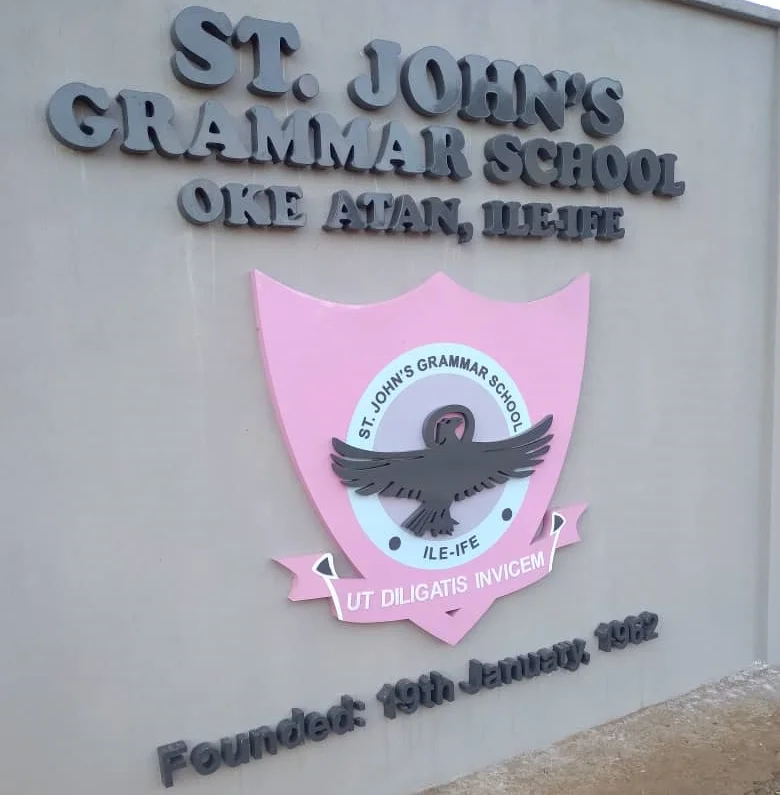
A number of factors have been identified to be responsible for the rise in fibre cuts nationwide. Fibre cuts have disrupted telephony services, which, most times, make it impossible for seamless voice and data services, among others.
The factors include government projects, like infrastructure, constructional and development projects, which accounts for the most fibre incidences at 47.59 per cent. Private developers (building projects, farming and construction works) at 46.64 per cent comes second.
This was made known by the Managing Director/CEO, NetAccess Systems Limited, Lekan Balogun, while disclosing the result of a study by the Association of Telecoms Companies of Nigeria (ATCON), organised Critical Conversation Meeting in Lagos at the weekend.
With the theme: “The Direct and Indirect Causes and Impact of Metro, Terrestrial and Submarine Fibre Disruptions (Cuts)—Short, Medium and Long-term Sustainable Solutions,” Balogun, in the study, further added that natural problems such as erosion, flooding, force de majeure accounted for just 0.35 per cent.”
He disclosed that direct attacks (vandalism and sabotage) accounted for 0.35 per cent, while other variables were responsible for 4.36 per cent of fibre cuts Balogun added that carelessness by escavators had caused so much pain for the operators.
He lamented that despite provisions made by network operators, some excavators blatantly ignored all the signage and caused damage to the underground optical network infrastructure.
He equally stressed that the lack of coordination between the permitting and regulating agencies was also fueling fibre incidence in the country. Earlier in his welcome address, the President of ATCON, Tony Emoekpere, said stakeholders should not continue to pay lip service to issues and challenges affecting to the sector’s growth, especially fibre cut.
He said the meeting aimed to enable the Nigerian Communications Commission (NCC), the Federal Road Maintenance Agency (FERMA), and the National Inland Waterways Authority (NIWA) to look at the issues affecting fibre disruptions in the Nigerian telecoms industry.
ATCON president said this sector had reportedly contributed over 14 per cent to the nation’s GDP and the sector could have done much better if issues like fibre disruption were dealt with.
The Guardian reported last week that in the first four months of 2024, Lagos, Rivers, Abuja and Enugu emerged the topmost states where telecoms operators recorded fibre cuts.
Other states, in that order, included Kaduna, Anambra, Delta, Ogun, Abia and Akwa Ibom respectively. This was disclosed in the digital economy report presented by Groupe Spécial Mobile Association (GSMA) to the Federal Government through the Ministry of Innovation and Digital Economy.












